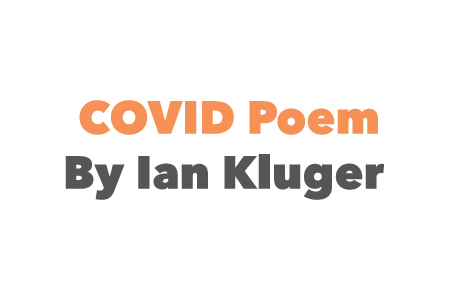By Khushi Patel
The world of music has been completely changed since COVID-19 surfaced. I interviewed Cathryn Wriska, a senior and drum major of the Marching Band at Wayne Memorial High School in Wayne, Michigan. Here I was, someone who has little to no experience with music about to interview someone who spends hours every day playing, listening, and even composing music. Cathryn talks about what music means to her with one simple, yet powerful sentence: “Music evokes emotion in a way that nothing else can.” In a world where we have quarantined for almost an entire year, people have to find their outlets. After hearing this sentence, I thought to myself, whether it’s writing, dancing, running, singing, everyone should take time to find their niche.
I have known Cathryn for years and I know how brilliantly talented she is, but in order for everyone to understand her deep love for music, I asked her to explain to me her journey. Cathryn says music runs in the family; her Dad was once a competitive trumpet player. Both her Dad and Stepmom played for Detroit Symphony Music. It wasn’t until fifth grade that Cathryn began to understand the meaning of music, she talked about her Band and Symphony Orchestra teacher, Mr. Hartge, who integrated music and fun together. She believes her high school Band teacher, Mr. Diroff, forced his students to know the background story of every piece they created, so they could build a connection. Evidently, the mentors in one’s life have a huge impact on how someone views not just music, but any topic in the real-world.
The pandemic did not stop Cathryn from continuing to pursue music. She had a very growth mindset outlook: “Staying home encourages me to appreciate newer artists and pieces, especially instrumental pieces. This free time allows for more creativity and lots of playlists. Music makes me feel things during a time where all my emotions have plateaued.” This captures what many of us have tried so hard to understand: comfort with change. In the near future, Cathryn hopes to join Wayne State University’s Marching Band program and take a few seasons in Drum Core. Most importantly, Cathryn says she just wants to “get back in the groove.” Don’t we all?
At the end of the interview, I asked Cathryn if there was anything else she wanted me to specifically include in the interview. I anticipated she would share some words of wisdom or include a fun fact about herself, but that is not what she did. She humbly said: “There is no such thing as “bad music.” Making a song is hard and anyone who puts their time and effort into it, deserves credit and recognition. You can have preferences, but there is no such thing as bad music.” This rings true to the several years I have known Cathryn as a musician, she is not only a good one, but she is a virtuous one.
Khushi Patel is a member of the CCC Editorial Team


